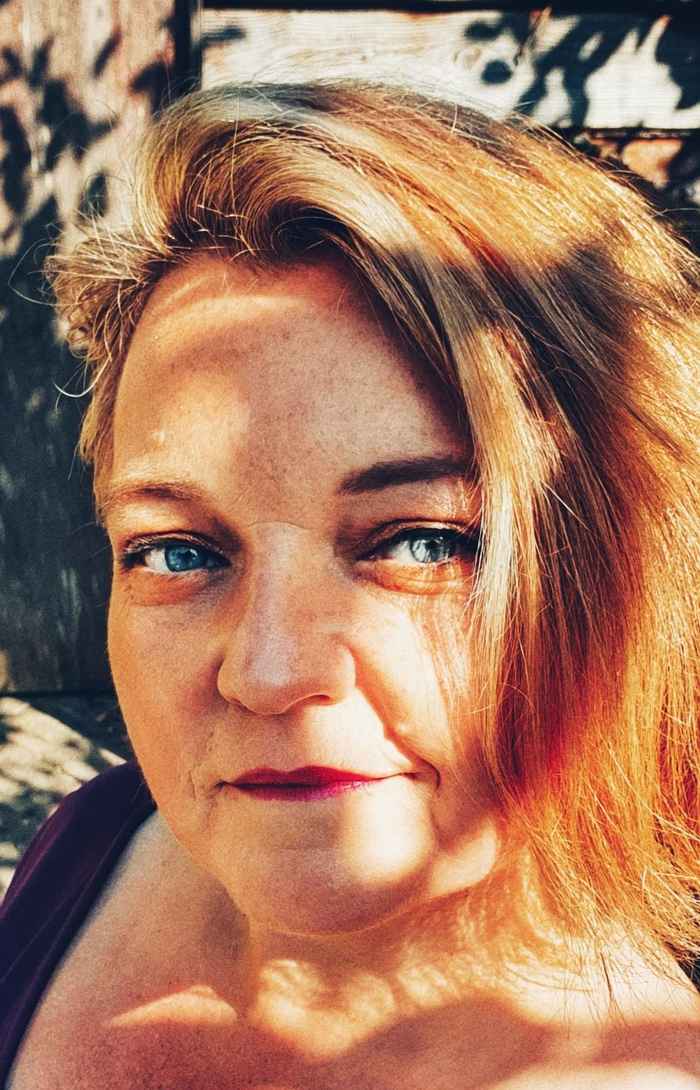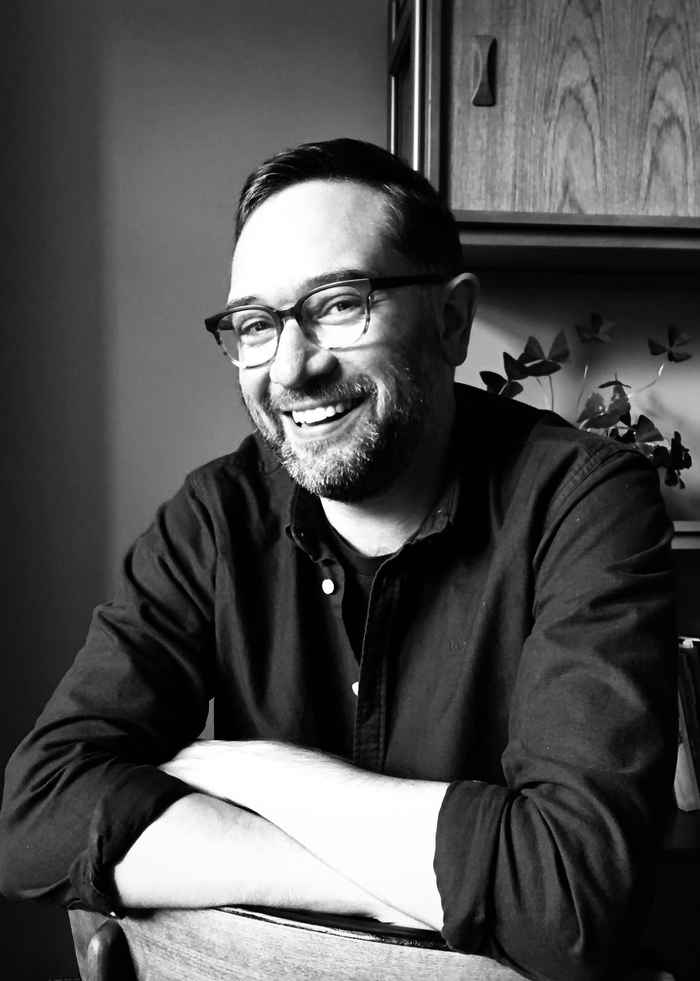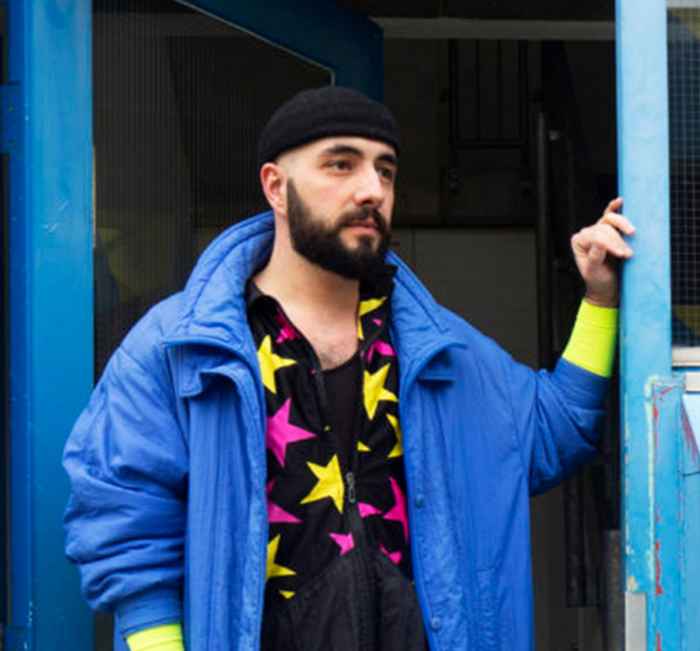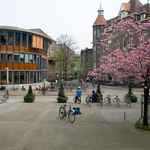VOX-POP presents: 'Red Light Heritage' [EN]
- Datum
- 22 juni 2022
- Tijd
- 19:30 -22:00
- Locatie
- BG 3
- Ruimte
- VOX-POP
Red Light Heritage
Windows, Brothels, Bananabar… all places that offer both pleasure and illusion. The Red Light District in Amsterdam is one of the most famous and unique places for the sex work industry in the world. Already since the 14th century the proximity of the harbor attracted prostitution. The current plans of the municipality to move the Red Light District, a historically important workspace that includes a rooted network and the safety of small alleys, out of the city center and replace it by an erotic center in the suburbs of Amsterdam, puts the iconic neighborhood under pressure.
Scholar and sex work activist Sietske Altink (1954-2020) made a significant contribution in documenting the heritage of sex work. Can the perspective of heritage aid in preserving the legacy of sex work in the Red Light District? What we consider as heritage is continuously in the making, in the present we decide and select what remains for a future still to come. A process that comes with tension and debate: how does a community choose what should be preserved? And how can we assure that the perspective of heritage does not go against the execution of sex work as a job? June 22nd we will dive into this debate.
VOX-POP presents a public program discussing the Red Light District and the politics of heritage. We will trace the historic developments of sex work in the Red Light District through lectures and performance and explore how the Red Light District as possible heritage challenges current understandings of heritage. Red Light Heritage is a project that started out as a research group, initiated by VOX-POP and supported by NICA, Netherlands Institute for Cultural Analysis, and the help of PIC, Prostitution Information Center.
This programme includes:
- Introduction to the Red-Light Heritage project and evening by Julia Visser from VOX-POP
- Talk on the history of sex worker’s workplaces at De Wallen by Berna Meijer
- A performance by sound artist Angelo Custódio
- Q&A with heritage scholar Colin Sterling and a host and lecturer of PIC
Meet ..

Berna Meijer
I'm Berna Meijer. After having worked for about 15 years at PIC, Prostitution Information Center, with Mariska Majoor amongst others, I started to focus on the history of sex work in the Netherlands and other countries. Besides giving talks on sex work and the history of sex work, I work with youth, their parents, care workers and schools to provide information on sexuality, (sexually) transgressive behavior, stigma and gender diversity.

Colin Sterling
Colin Sterling is Assistant Professor of Memory and Museums at the University of Amsterdam. He teaches across heritage and memory, museum studies and artistic research, and is a member of the Amsterdam School for Heritage, Memory and Material Culture. Colin’s research focuses on critical-creative approaches to heritage, memory and museums. He is interested in how artists, designers, architects, writers and other creative practitioners engage with museums and heritage as spaces of critical enquiry. Colin is the author of Heritage, Photography, and the Affective Past (Routledge, 2020) and the co-editor of Deterritorializing the Future: Heritage in, of and after the Anthropocene (Open Humanities Press, 2020). He is co-editor of the journal Museums & Social Issues (Oct 2020 – ).
Karin
Karin: My name is Karin, Brenda, Lucy or Charlotte, depending on where I work. I am a host and lecturer at The Prostitution Information Centre, where we provide realistic information (i.e. minus the drama) about the history of sex work and the way in which sex work is organised in the Netherlands. Most of the team members are sex workers so we know what we’re talking about. I’m a sexworker too: I work mainly as a sex-carer for clients with disabilities; physical, mentally or intellectually, 1 day per week I work in the windows. Born and raised in Amsterdam, I have seen the city change immensely. Sometimes for the better; I remember how we used to remove our jewelry when we went to the city center because junkies would rip it from your person, but not every change is an improvement in my opinion. It pains me to see the so called ‘frayed edges’ disappear from the neighbourhood.

Angelo Custódio
Angelo Custódio (1983 PT, NL) is a research based artist working with voice and performance. He creates sonic based experiences from a crip/queer perspective, informed by critical theory and embodied knowledge. Trained as a classical singer, Angelo explores the relations between poetics and techno-embodied ways of voicing. He develops sonic encounters with the vulnerable, opening ‘cracks’ to wild(er) spaces that utterly invite freer ecologies of living. Through listening, Angelo nourishes empathic understandings of identities, with a focus on the contemporary failure towards queer bodies and bodies with disability.
During ‘Red Light Heritage’, Angelo invites the audience for a moment of listening. Unknown springs is a sonic poem for voice and live electronics that addresses the disordering principle of desire. It guides the audience through other ways of sensing/feeling, towards an embodied interiority that resonates with the vibrancy of the body.
